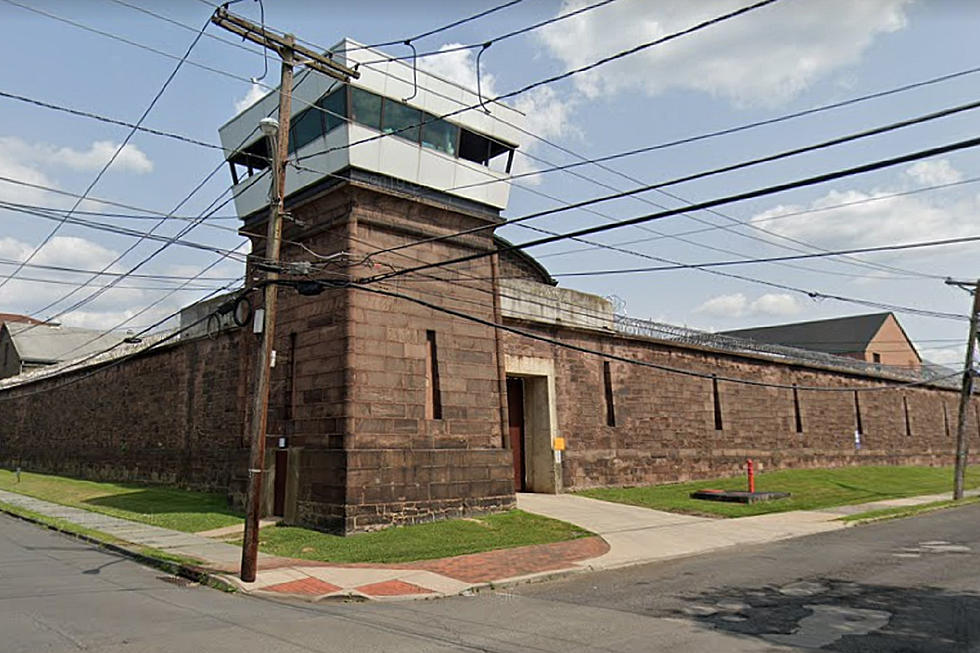
Most Americans are taking a wait-and-see approach with ticketed public events
As more people get vaccinated and COVID-19 restrictions are lifted, most Americans are still taking a wait-and-see approach with ticketed public events, according to a new Bankrate.com report.
Only 16% of adults currently have a ticket to an upcoming live event, said Bankrate senior industry analyst Ted Rossman. He said that's a surprising low number but it goes to show that the first move after people get vaccinated is to gather in small groups.
There's a big uptick in bar and restaurant traffic, there's more people returning to retail stores and travel is bouncing back, said Rossman. But one thing that's not happening, at least on a broad scale just yet, is people going back to these big stadium events.

There is still a lot of capacity limits and comfort level is just not there yet, said Rossman. But he believes big stadium event attendance will pick up hopefully in the summer and fall.
26% of young adults (18 to 40) have tickets to big events and only 10% older than 40 have tickets, said Rossman.
One interesting finding in the report focused on the vaccine passport: 38% of adults said they would be more likely to attend a public ticketed event if the organizer required proof of vaccine; 28% said they would be less likely to attend. This makes sense, said Rossman, because that's roughly the percentage that plans not to get vaccinated or are not sure. In their case, the vaccine passport would shut them out, so of course, they're against it.
Young adults are fans of the vaccine passport as vaccine availability gains steam in the weeks ahead.
Gen Z (46%) and millennials (45%) are more likely to prefer events requiring vaccine passports than Gen X (37%) and baby boomers (31%).
Rossman said this has been a controversial issue in New Jersey. In order to attend a sporting event in New York, such as a Rangers, Yankees, Mets or Knicks game, people need to show either a negative COVID-19 test or proof of vaccine.
"Currently in New Jersey, there is no such requirement, so whereas the Devils games at the Prudential Center are capped at about 10% capacity, you don't have the same testing or vaccine requirement as New York and some other places," said Rossman.
The New Jersey Performing Arts Center in Newark has announced some concerts and shows but the requirement is that attendees either provide a negative COVID-19 test no more than three days earlier, or proof of full vaccination, dated no less than two weeks before the show. Once at the venue, all guests must wear a mask inside.
Rossman said he thinks people are cautious on the health and monetary fronts. Last year, about half of people who had tickets to live events lost money when things were called off because of the pandemic.
Companies like Ticketmaster and StubHub received a lot of criticism. StubHub was not offering refunds but rather a credit for future events. He said both companies will ban users who file credit card disputes against them.
It's been kind of a big mess so he thinks that's a part of why people are reluctant. They don't want to lose money and they're not sure yet if they're all that confident that they want to go.
"I think the reluctance is probably temporary. I think if the health picture continues to improve, I think we could be talking about a much brighter picture in three to six months," said Rossman.
12 Times Being High Cost NJ Residents & Towns
More From Beach Radio










